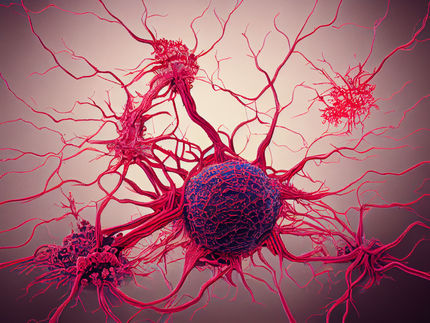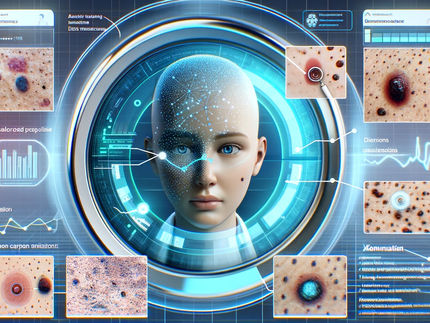More evidence that caffeine lowers risk of skin cancer
There might be a time when instead of just drinking that morning cup of coffee you lather it on your skin as a way of preventing harmful sun damage or skin cancer.
A new Rutgers study strengthens the theory that caffeine guards against certain skin cancers at the molecular level by inhibiting a protein enzyme in the skin, known as ATR. Scientists believe that based on what they have learned studying mice, caffeine applied directly to the skin might help prevent damaging UV light from causing skin cancer.
Prior research indicated that mice that were fed caffeinated water and exposed to lamps that generated UVB radiation that damaged the DNA in their skin cells were able to kill off a greater percentage of their badly damaged cells and reduce the risk of cells becoming cancerous.
"Although it is known that coffee drinking is associated with a decreased risk of non-melanoma skin cancer, there now needs to be studies to determine whether topical caffeine inhibits sunlight-induced skin cancer," said Allan Conney, director of the Susan Lehman Cullman Laboratory for Cancer Research.
In this newly-published study, instead of inhibiting ATR with caffeinated water, Rutgers researchers, in collaboration with researchers from the University of Washington, genetically modified and diminished ATR in one group of mice. The results: the genetically modified mice developed tumors more slowly than the unmodified mice, had 69 percent fewer tumors than regular mice and developed four times fewer invasive tumors.
The study also found, however, that when both groups of mice were exposed to chronic ultraviolet rays for an extended period of time, tumor development occurred in both the genetically modified and regular mice. What this seems to indicate, says Conney, is that inhibiting the ATR enzyme works best at the pre-cancerous stage before UV-induced skin cancers are fully developed.
According to the National Cancer Institute, sunlight-induced skin cancer is the most prevalent cancer in the United States with more than 1 million new cases each year. Although multiple human epidemiologic studies link caffeinated beverage intake with significant decreases in several different types of cancer, including skin cancer, just how and why coffee protects against the disease is unknown.
"Caffeine might become a weapon in prevention because it inhibits ATR and also acts ad as a sunscreen and directly absorbs damaging UV light," said Conney.
Most read news
Other news from the department science

Get the life science industry in your inbox
By submitting this form you agree that LUMITOS AG will send you the newsletter(s) selected above by email. Your data will not be passed on to third parties. Your data will be stored and processed in accordance with our data protection regulations. LUMITOS may contact you by email for the purpose of advertising or market and opinion surveys. You can revoke your consent at any time without giving reasons to LUMITOS AG, Ernst-Augustin-Str. 2, 12489 Berlin, Germany or by e-mail at revoke@lumitos.com with effect for the future. In addition, each email contains a link to unsubscribe from the corresponding newsletter.






















































